A practical Field Service Engineer for Medical and Life Science
René Wass-Heilesen works for Ramcon as a Field Service Engineer for medical and life science servicing laboratory instruments such as microscopes and capillary electrophoresis instruments. René is based in Denmark but also covers Sweden and Norway.
In this article, René describes his background, apprenticeship, and experience in different industries.
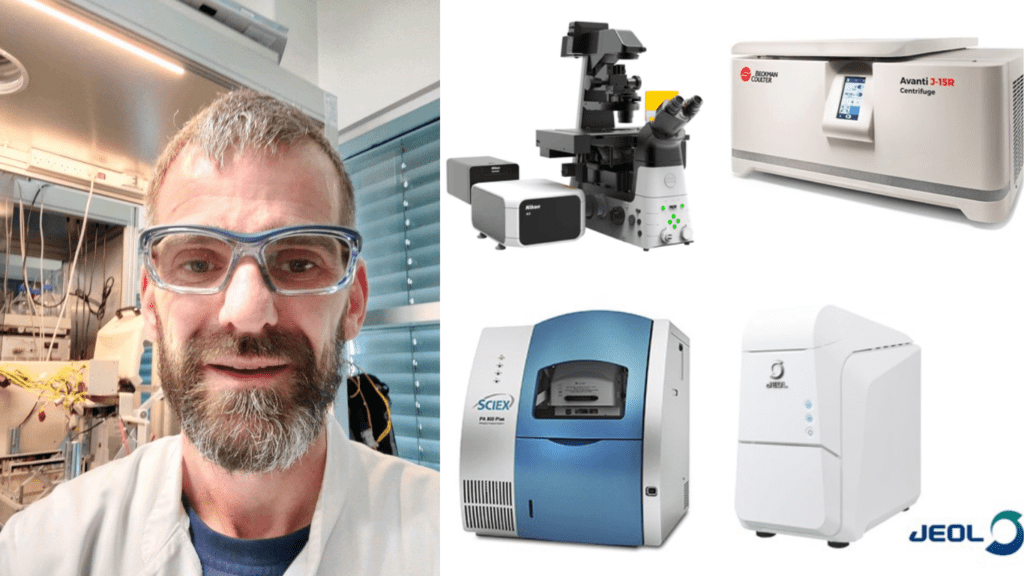

René Wass-Heilesen Field Service Engineer for Nordic Industrial, Medical, Chemical and Life Science distributor RAMCON in Denmark
Background and path to engineering
Could you give a brief description of your background and what led you to study electronics?
After finishing primary school, I had absolutely no idea what to do.
The only thing I knew was that I didn’t want to start high school.
So I started at aircraft mechanic school because I had liked to assembly model planes as a child. However, I didn’t finish the course. What I learned there was this, that I liked to work with electronics, so I told my dad that I would like to be an electrician. However, he told me that I should be an electronic technician instead as that would be a better fit for me.
Were you interested in how things worked when you were a child? Did you like taking things apart?
Yes, I think it started with Lego models and then seeing what’s inside a video or TV.
Are other people in your family technical?
Yes, my stepdad was a car mechanic, and my father was an industrial technician.
Has there been a particular person who has inspired you?
I think both of my dads inspired me to see how things work and how to make them work if they break.
With my stepdad we usually repaired my scooters and cars. Whereas with my dad it was electronics and computers where we spent a lot of time.
Apprenticeship
Why do you think an apprenticeship is a good way to start a career in engineering?
This is a really good way if you’re tired of school as your apprenticeship will be a mix of study and hands on experience.
How key is experience from working compared with academic knowledge for any engineer?
“Simply put, you don’t learn how to use a screwdriver from a book.”
As an Electronic Technician you quickly know where to look when it fails without even knowing the instrument completely. This is because of a combination of studying and hands on experience.
We are educated to troubleshoot and repair.
From a personal point of view, has it made you a better engineer?
Yes, for trouble shooting and repairing things, my experience has really helped me.
Experience before medical and life science
You have experience working on trains, mobile phones, copiers and mine detectors. What skills have you taken from each job to the next one?
I think that I take my customer service experience with me. How to handle customers and how not to
But in general, I think I have taken a lot of experience with me.
It’s all about getting the best result the first time.
Do you think having a variety of experience helps you when problem solving in your current role?
Yes, because my education was mostly about electronic repairs. Whereas, with the trains and copiers I had a lot of mechanical repair experience and with the copiers and mobile phones, I gained a lot of customer support experience.
And without the job as an FSE on the copiers I wouldn’t be in this job today.
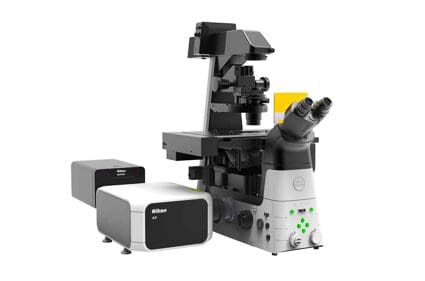

Typical week as an FSE for medical and life science equipment and instruments
What’s your typical week like?
To describe a typical week, I will just use this week as an example and today is Thursday.
Monday and Tuesday my Swedish colleague and I went to see a particle instrument that I will have supplier FSE training on later this year.
The rest of the week I should have been on preventive maintenance on a PA800 Plus from Sciex.
But that got cancelled because parts were delayed.
So Wednesday was an office day to catch up on my administration work.
Today was on a reinstallation with preventive maintenance on a Beckman Coulter Analytical Ultracentrifuges .
Tomorrow I will hopefully be with my Swedish colleague and finish the job on the particle instrument from the start of the week.
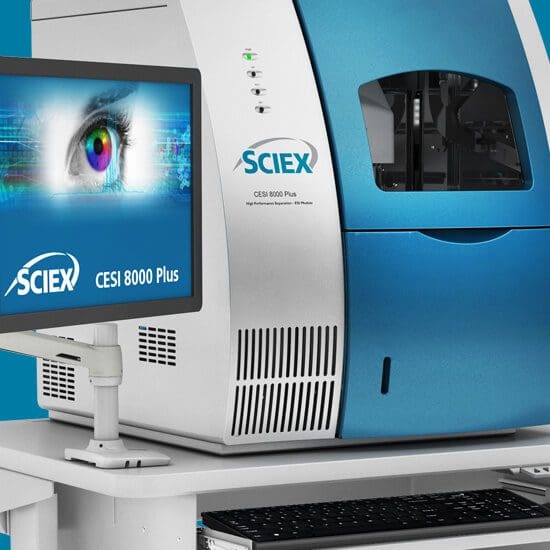

How much of your time is spent engineering and how much with admin and other tasks?
I spend around 70% of my time on service jobs and travel and the rest on admin tasks.
Which other parts of the company give you support?
Depending on the situation I get support from our sales and logistics department mainly for new installations.
Tech support I get from colleagues and as Ramcon is a distributor I get support from the manufacturers’ tech support lines.
How do you feedback information from the customer to the rest of your company?
The quickest way is to give the person responsible a call and then an email just to follow up.
Time is important for the customer and us so if we can resolve the issue quickly by phone then that’s the way to go.
Types of life science and medical equipment
What are the types of equipment you service, repair and install?
Capillary Electrophoreses from Sciex
Centrifuges from Beckman Coulter
Microscopes from Nikon
Tabletop SEM from Jeol
and Laboratory grade fridges and freezers from B Medical Systems.
Later this year I should get training on particle instruments.
What is the best piece of equipment you have ever worked with and why?
That would be the microscopes because it’s like playing with Lego when assembling it. Plus, it’s a great mix of mechanics, electronics, and software. All the things I like to work on.
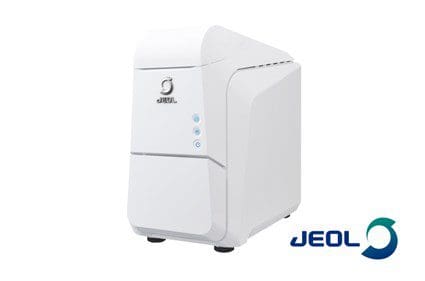

What do you think will be the biggest change in the equipment you work on in the next five years?
In general, because I work with life science equipment, I think there will be a lot more documentation for FSEs to fill in. Also, yearly requalifying to check that we are keeping our skills up to date.
Customer training
You are also involved with customer training. What does this involve?
When I do customer training it’s regarding basic use not the application or scientific use.
So it’s mainly how to load the samples into the instrument and get it ready to run the samples. Then afterwards how to run it to clean the instruments and to do the daily maintenance.
What are your tips for explaining things clearly?
I explain it so that my kids who are 11 and 13 can understand it. As well, we have the training next to the instrument so that we are hands on from the start – no PowerPoint presentations.
“Keep the training on a practical level.”
What do you do when someone is having difficulty understanding?
I let the customer do the things that they don’t understand and during this I guide and answer all the questions. That usually clears up any doubts that they have.
And after a training session I tell them to email or contact me if they have any questions.
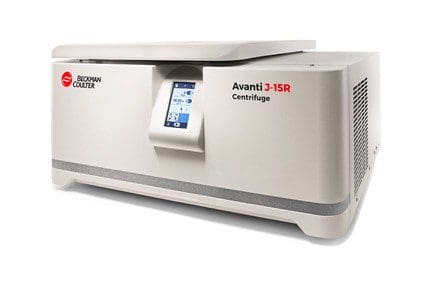

Most challenging part of the job
What do you find most challenging when you are working – technical side, people/customers, or logistics (travel etc)?
For me, for sure, when having kids and a wife who works full time, the amount of travel is the most challenging thing.
What has been your most challenging job in the field?
I had three instrument installations that failed because of faulty instruments as well as one long term break down and this was with the same customer……
The customer was very patient as they could see that I was working really hard to make it all work. However, for me it was really stressful as I was the only FSE on site.
Have you ever arrived on site and found that it was much easier than you expected? For example, did you ever need to simply switch on a machine.
I think that most of the FSEs out there have experienced this.
On a recent visit the customer was complaining about low signal on their CE instrument. Then when we inspected the instrument, we found out that the customer had replaced a UV lamp and they had unfortunately installed the new lamp a bit crooked. We repositioned the lamp and all was good again.
Are there particular health and safety rules you need to follow in terms of hygiene because of the types of equipment you are working with?
At some customers’ sites, I have to change into special laboratory or production clothing. Before I get to the instrument, I might have three layers of clothes including gloves and glasses to shield me or to keep the environment clean from external particles.
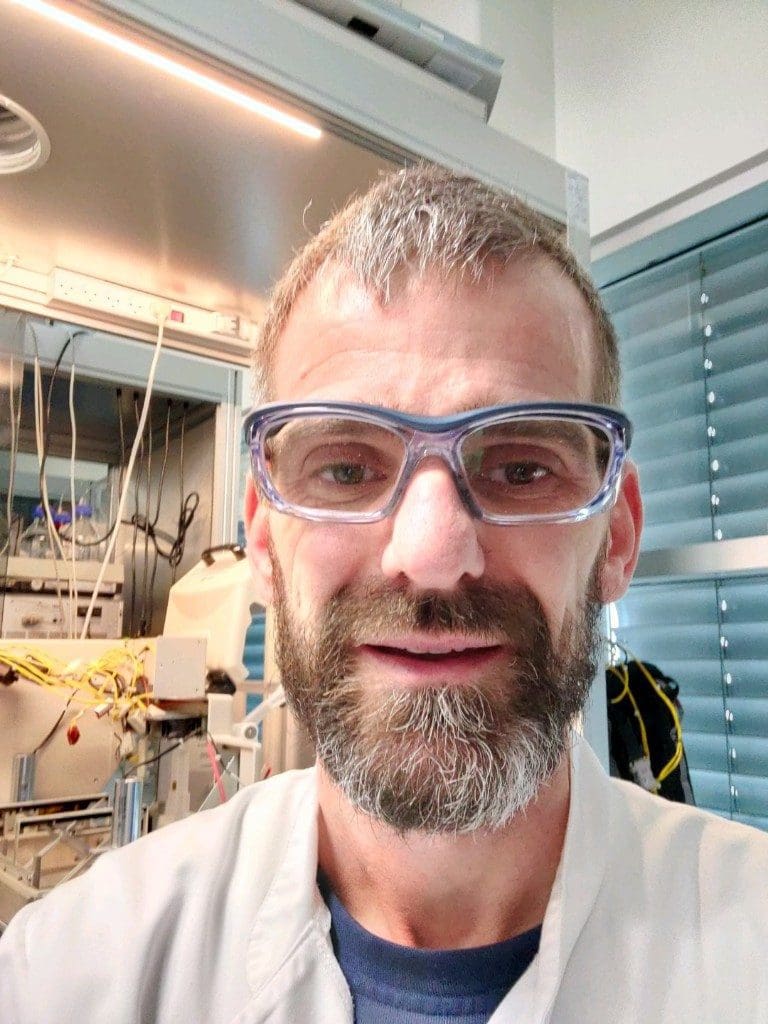

Making a winner as a FSE in life science
What makes the type of field service engineer who is tomorrow’s senior engineer?
I think it’s a combination of personal drive, training, and ability to think outside the box.
If you are not passionate about your work, I don’t think that you will end up as a senior engineer.
How important are communication and people skills?
This is really important!
For example, if you don’t get a good error description it can be really hard to find the problem and might then take hours to confirm and resolve the problem.
But if you get a good and precise description then you usually just need to confirm the problem. Then resolve it, change the parts…The job will be done in an hour instead of hours.
How important is ongoing training?
Just because you have been on the instrument training doesn’t make you an expert.
Training with colleagues after theoretical training gives you the onsite experience (how it works in the real world) and also gives you good relationships with your new colleagues. This is then very handy when you need help later on.
How key is it to have a mentor and a good team supporting each individual engineer?
This is really important when you need help with the problem you can’t resolve yourself and you are the only one on-site.
This is also important when you get frustrated, and you need to let it all out.
I have done this with colleagues and also my manager. They might not be able to help but just to listen is also important and can really help me in everyday situations in the field.
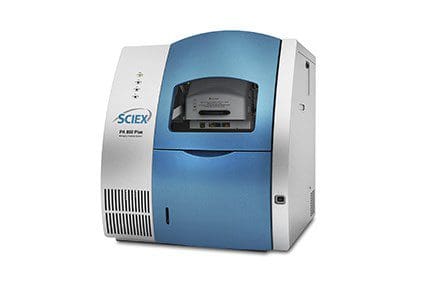

New field engineers
What advice would you give to someone who has just started their first job as a field engineer? Or is considering moving into this field?
When you start your first job in the field you will quickly find out if you are the sort of engineer best suited to the workshop or being out in the field.
Always make good contacts at training courses as you will need them when you are in the field and are having problems.
Take a lot of notes and pictures as they, along with the service manual, are very useful when onsite.
Further Reading
Starting as a Field Engineer – what’s in your toolkit – part 2
Working remotely as a Global Instrument Support Engineer


Responses